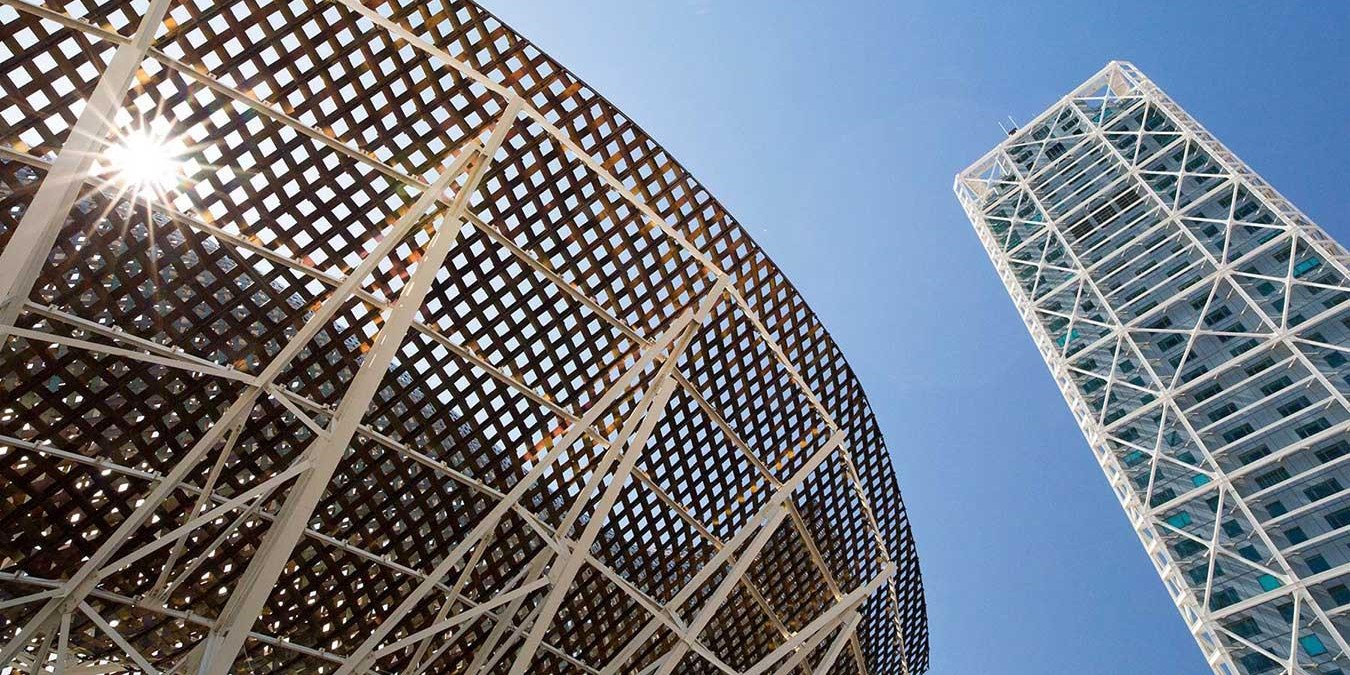
Innovative Column Splice for Circular Steel Construction
Please login to view abstract download link
In 2023, the RFCS research project CONNECT4C, funded by the European Union, was launched with the goal of reducing greenhouse gas emissions from the steel construction industry. The project aims to achieve this by developing innovative joint solutions that enhance the demountability and reusability of steel structural elements. To cover a wide range of practical scenarios, the project focuses on the most common joint typologies: hinges, moment-resisting joints, and column splices. The proposed paper will address the column splices. Several key properties were identified and incorporated into the splice design to meet the project’s objectives. In particular, the need for an independent, adaptable, and demountable element acting as a fuse element was highlighted. The goal is to concentrate any damage from potential overloading within this independent element, thereby ensuring the reusability of the connected structural elements. Moreover, the developed splice element, with its adaptability, allows for changes in column cross-sections, facilitates beam connections when needed, and accommodates minor vertical geometrical misalignments. Within the CONNECT4C project, the proposed solution will be validated through experimental and numerical investigations, with the final aim of proposing a design procedure based on the component method, in agreement with the EN1993-1-8 recommendations. This paper will present the innovative column splice solution and its preliminary characterization in terms of resistance, stiffness, and ductility obtained through advanced numerical simulations performed with Abaqus software.

